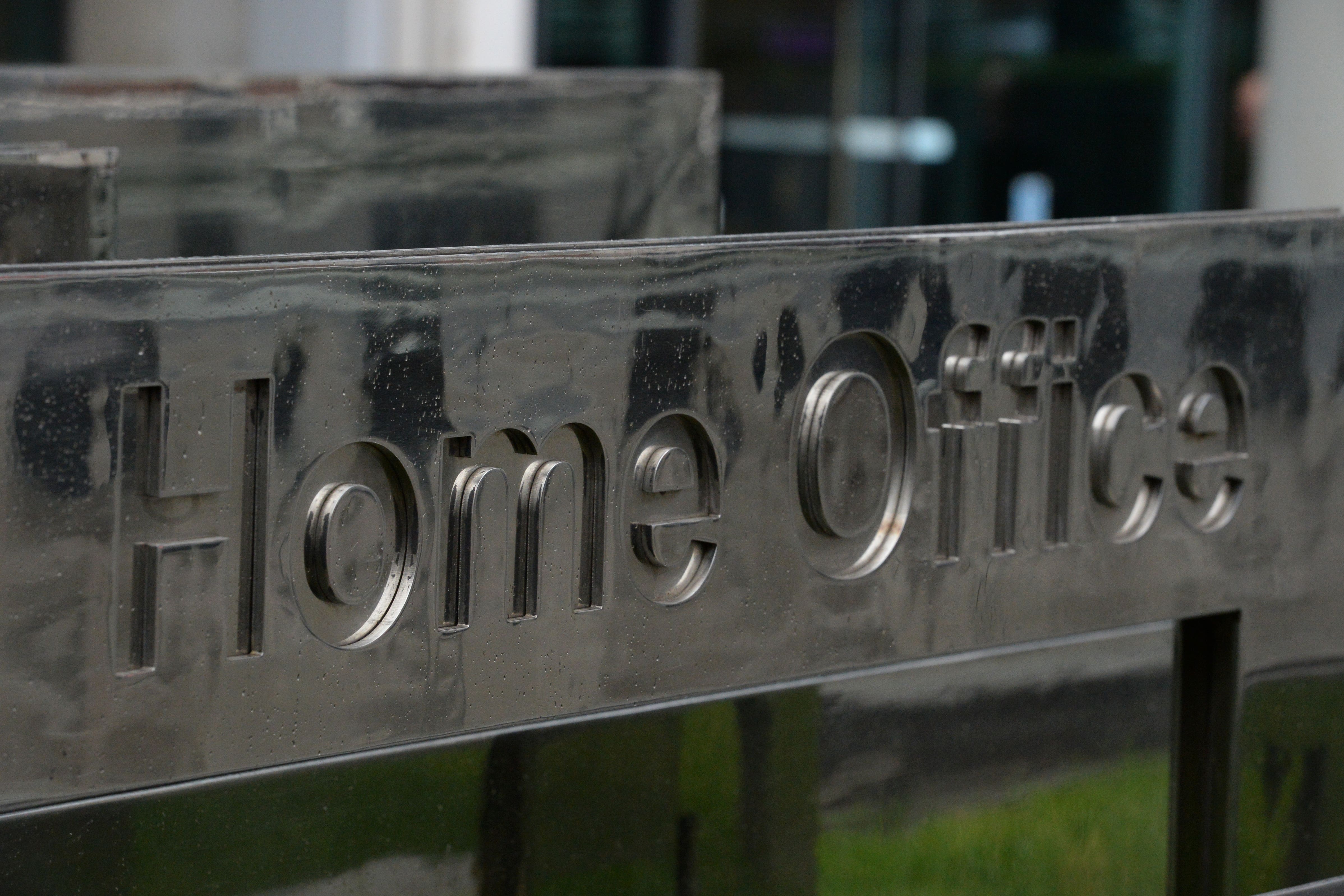Whereabouts of more than 17,000 asylum seekers unknown to Home Office, MPs told
Permanent secretary Sir Matthew Rycroft and his interim second-in-command Simon Ridley were giving evidence to the Commons Home Affairs Committee.

Your support helps us to tell the story
From reproductive rights to climate change to Big Tech, The Independent is on the ground when the story is developing. Whether it's investigating the financials of Elon Musk's pro-Trump PAC or producing our latest documentary, 'The A Word', which shines a light on the American women fighting for reproductive rights, we know how important it is to parse out the facts from the messaging.
At such a critical moment in US history, we need reporters on the ground. Your donation allows us to keep sending journalists to speak to both sides of the story.
The Independent is trusted by Americans across the entire political spectrum. And unlike many other quality news outlets, we choose not to lock Americans out of our reporting and analysis with paywalls. We believe quality journalism should be available to everyone, paid for by those who can afford it.
Your support makes all the difference.A senior Home Office official has told MPs the department does not know the whereabouts of more than 17,000 asylum seekers whose claims have been withdrawn.
Permanent secretary Sir Matthew Rycroft and his interim second-in-command Simon Ridley faced questions from the Commons Home Affairs Committee about the backlog of asylum claims waiting to be considered by the department amid a race to meet the target set by Rishi Sunak to clear some older cases by the end of the year.
Home Office figures published on Thursday showed 17,316 asylum applications were withdrawn in the year to September.
Isn't it strange that conveniently, when faced with a very stiff target, there has been a three-fold increase (in withdrawals) for undetermined reasons, people magically not going forward with their claims, and where are those people?
This is more than four times the number for the previous year when there were 4,260, the department said.
The Prime Minister tasked the Home Office with clearing some of the backlog of “legacy” cases – asylum applications made before June 28 2022 – by the end of December.
Questioning the officials, committee member Tim Loughton asked: “Isn’t it strange that conveniently, when faced with a very stiff target, there has been a three-fold increase (in withdrawals) for undetermined reasons, people magically not going forward with their claims, and where are those people?”
Mr Ridley replied: “In most cases, I don’t know where those people are.”
I don’t think we know where all those people are
Asked if they had gone home, Mr Ridley said: “I don’t know.”
Pressed again, Mr Loughton said: “So you have no idea where those 17,316 people are?”
To which, Mr Ridley replied: “I don’t think we know where all those people are, no.”
He told the committee that a claim was withdrawn when asylum seekers did not turn up for interviews or complete questionnaires and were “not engaging with the system that leads to a decision”.
Other reasons included when someone had already left the UK before their claim was considered or if they chose to pursue another application for permission to stay in the country, according to the department.
Despite the figures being published less than a week ago, Mr Ridley was unable to confirm whether the numbers being quoted were accurate, prompting committee chairman Dame Diana Johnson to ask: “Why don’t you have the figures for withdrawals, why are you not able to confirm what Tim Loughton just said?”
Mr Ridley replied: “I just haven’t got the precise number in front of me.”
Dame Diana branded it “amazing” that officials did not have the information, given it was a “key Prime Minister priority” which MPs were bound to question them on, adding it was “really disrespectful to the committee that you don’t come prepared for questions”.
Mr Loughton, who has sat on the Home Affairs committee for almost nine years, later told the BBC’s PM programme: “I think we’re all just flabbergasted… that was one of the worst performances from a senior civil servant I have ever seen.”
Data published last week showed the backlog of asylum applications – rather than individuals – stood at 122,585 as of October 29 this year, down 12% from a record 138,782 at the end of February.
The “legacy” backlog of asylum applications stood at 33,253 as of October 29, down nearly a half (47%) from 62,157 on July 30.
To meet the target, around 16,630 applications would need to be cleared per month before December 31.
Some 12,620 were cleared between September 24 and October 29, and 9,604 cleared between August 27 and September 24, figures showed.
Asked if ministers were making a “realistic estimate” that the target to clear the legacy backlog would be met by the end of next month, Sir Matthew told MPs: “We have always been confident of that.”
He added that extra resources had been brought in and there was an “increase of productivity” to tackle the backlog.